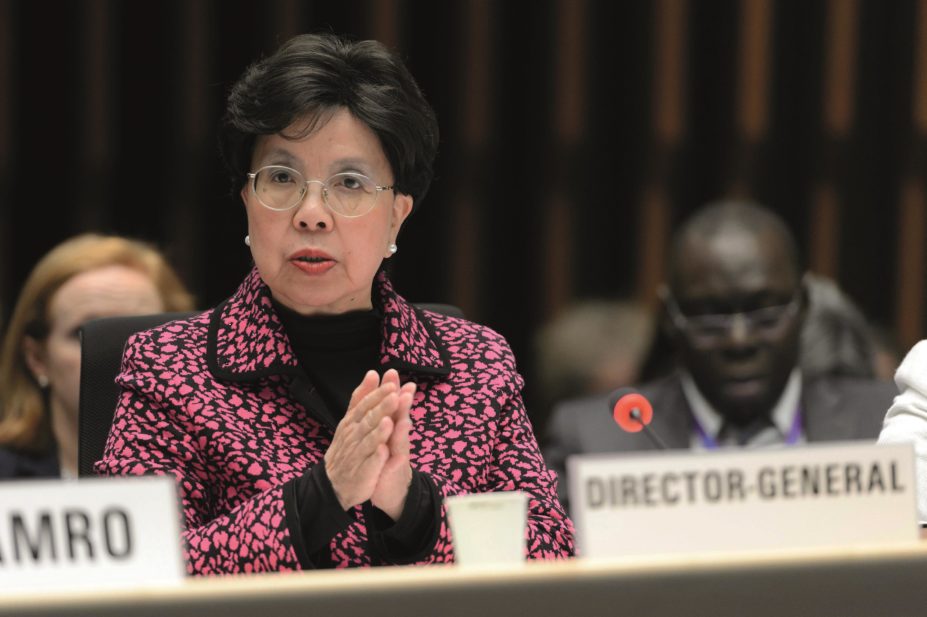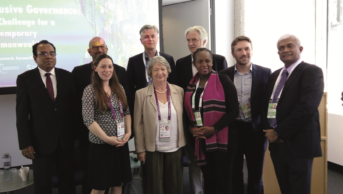
epa european pressphoto agency b.v. / Alamy Stock Photo
The World Health Organization (WHO) has declared the outbreak of the Zika virus, which is spreading across the Caribbean and Latin America, an international public health emergency.
WHO said on 1 February 2016 that there is an “urgent need” to coordinate an international response to the epidemic and to establish whether, as suspected, there is a link between infection during pregnancy and the development of microcephaly in new born babies.
The move comes as French drug manufacturer Sanofi Pasteur, the vaccines division of Sanofi, announced that it had launched a vaccine research and development project targeting the prevention of Zika virus infection and disease. The company was behind the recent launch of the newly licensed vaccine against the dengue virus, which is also spread by mosquitos.
Researchers at the University of South Australia in Adelaide also announced on 2 February 2016 that they are working with the Melbourne-based biotech company Sementis Ltd to develop a Zika vaccine. The team says it will build on the work already done to create a vaccine for the Chikungunya virus, which it believed could be adapted for Zika before the end of 2016.
The decision by the WHO to declare the Zika outbreak an international public health emergency follows advice from an expert team, and a meeting of a WHO emergency committee.
“The lack of vaccines and rapid and reliable diagnostic tests, and the absence of population immunity in newly affected countries were cited as causes for concern,” said Margaret Chan, director general at the WHO.
The committee, meeting for the first time, ruled out introducing any restrictions on travel or trade. But it did agree a number of immediate measures to help prevent the disease from spreading.
Long-term measures include a commitment to find a vaccine, as well as sharing international data with the WHO to help track the development and spread of the disease and to decide appropriate priority action.
Other measures include enhanced Zika surveillance, the priority development of new diagnostics, and a variety of public health campaigns to help control the spread of the virus. Pregnant women and women of child-bearing age should be specifically targeted so they understand the risk of exposure, while women who have been infected should be given additional support and counselling.


